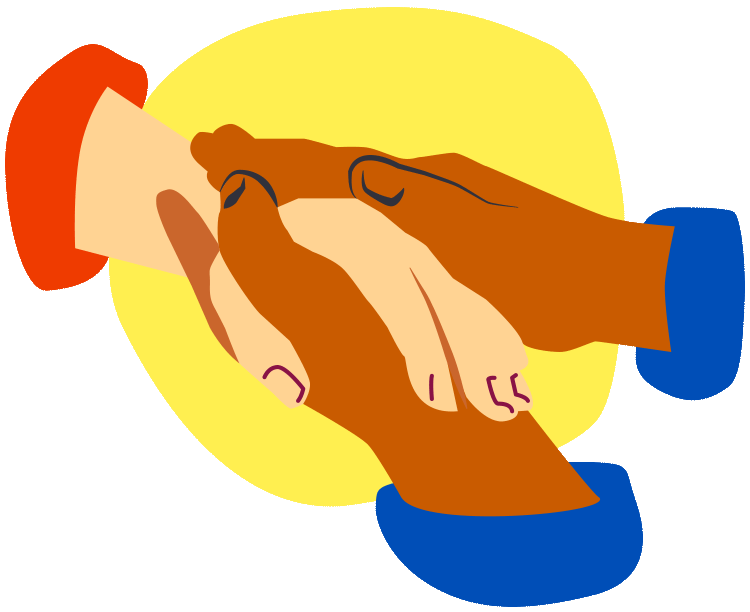Treatment and intervention
Who's who in treatment?
When you begin working with an EIP service you will be provided with a ‘care co-ordinator’, they are the person who you will generally have the most contact with.
They are most likely to be a nurse, occupational therapist (OT) or social worker. All care co-ordinators aim to help you with the things that are important to you, provide emotional and mental health support, and support you to get back to your family, friends, work or college and the things you enjoy in life. Some may also have had some extra training to prescribe medication or offer talking therapies. They will support you to get the things you want sorted.

Umm I had a really, really good consultant and care coordinator who were just so understanding and the way that they approached it was in a very caring manner, umm, made me feel as though I wasn’t unwell. I was still normal. They made me feel like, umm, anything was possible and that if I wanted to achieve something, after this episode, that it was fine. It just felt like they were on my side the whole time.
Tembe, aged 18

Mental Health Nurses are trained in mental health nursing and offer support and treatments for your mental health. Nurses can discuss medicines, monitor and discuss side-effects and advise you (and your family) on health and mental health.
Occupational therapists (OT) have trained in occupational therapy. They support you by thinking with you about what is important to you out of the things you do, at home, in work, in relationships and in communities, your interests, motivations, skills and abilities. They help you to achieve health, mental-wellbeing and satisfaction through doing more of what's important.

A few services also employ peer workers. These are people who have experienced psychosis, and previously used Early Intervention in Psychosis Service, but have now recovered. They can talk with you in a more real way about psychosis and treatment, because they’ve experienced it themselves. But remember, everyone’s experiences are a bit different. They can also suggest goals and encourage hope, to help you get back to your own life. This may be especially helpful if you don't trust services, feel hopeless, or have had difficulties with friends and family.
Pharmacists have trained in pharmacy. They can advise on medicines, drugs and side effects.

Psychiatrists are doctors like your GP, who have specialised in mental health. They can prescribe medications and can discuss diagnoses with you. They can also advise on practical things like whether it’s OK to drive when you’re taking medicines.
Social workers have trained in social work. They can support you to get access to services, social activities, education and work, especially if you feel that you don’t have many options, are vulnerable or short of money. They can help to ensure that you have the things you need and are involved and satisfied with life.

Support time and recovery (STR) workers support, and even come with you, on a broad range of things that you might want to do including going shopping, sorting money out, getting to social events and appointments and even playing football or going running. They can give you the confidence to do new things or get back to things you did before.
Psychologists have trained in psychology and talking therapies. They offer talking therapies that help you (and your family) to make sense of what’s been happening for you and how to deal with it. They can also help with memory and thinking problems.